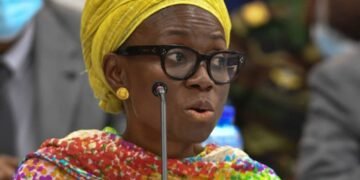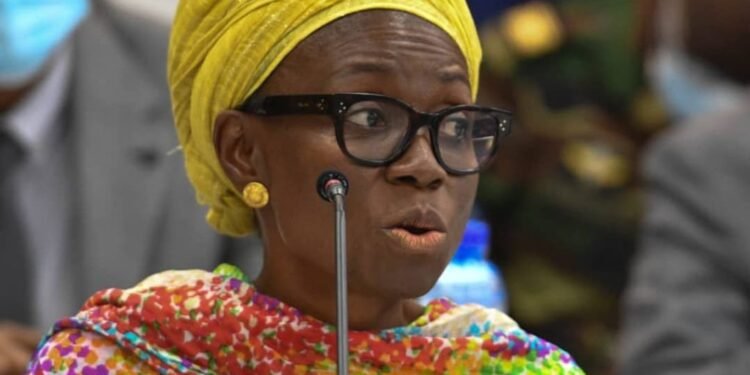The United Nations has issued an alert about the safety of civilians in South Sudan, following armed clashes and aerial assaults that killed over 180 people, injured 250 others, and displaced an estimated 125,000 people in March.
The UN expressed great worry about the fast-growing violence in South Sudan and reiterated its urgent request for population’s safety and immediate, unhindered access to life-saving humanitarian aid.
During a visit to Malakal, the capital of Upper Nile State, the Humanitarian Coordinator for South Sudan, Ms. Anita Kiki Gbeho urged disputing parties to avoid killing civilians.
“I heard first-hand accounts of the impact of the violence is having on people. All actors involved in the violence must refrain from harming the population— including humanitarian personnel who risk their lives every day to deliver aid,” said Ms. Gbeho.
“Since March 2025, armed clashes and aerial bombardments have killed more than 180 people, injured over 250 others, and displaced an estimated 125,000 people,” UN said in a statement.
It added that that the violence had killed four humanitarian workers and forced six health institutions to close due to looting and destruction.
“As recently as yesterday, services at Ulang Hospital — a lifeline for 174,000 people — were suspended following extensive looting of several facilities in the area,” UN lamented.
“Humanitarian access remains restricted, and critical medical supplies are rapidly running out amid an ongoing cholera outbreak that has already claimed 919 lives and infected nearly 49,000 people in South Sudan,” it added.
Ms. Gbeho assessed the humanitarian situation and coordinated the response in Malakal with conflict-affected communities, the Governor of Upper Nile State, UN agencies, NGOs, and civil society groups.
“This latest surge in violence must stop. This violence comes at a time when humanitarian funding is dwindling and urgent needs are rising — not only in Upper Nile but across South Sudan. Today, 9.3 million people across the country require assistance,” she said.
According to the 2025 Humanitarian Response Plan, South Sudan presently receives only 12.6% funding.
Conflict, food insecurity, disease outbreaks, economic crisis, climate shocks, and instability in neighboring Sudan have all contributed to a major humanitarian situation.
With the rainy season approaching and the cholera outbreak spreading, speedy and unrestricted access to vulnerable communities, as well as the delivery of crucial supplies, is urgently required to save lives.
Meanwhile, civil society launched citizen-centered civic engagement, empowering residents to consult, take responsibility, and demand government accountability with the goal of promoting peace and stability.
The Community for Empowerment and Progress Organization (CEPO) launched citizens centered civic engagement called ‘Citizens Talks’ for Peace under the campaign of ‘No Return to War.’
Mr. Edmund Yakani, Executive Director of CEPO, said it is time to consultatively undertake actions that bring citizens together in a non-violent manner.
“The citizens talk for peace will be symbolized by the No Return to War Touch that will be move from state to state for driving people-to-people dialogue for peace and stability,” he said.
He added “The Citizens Talks for Peace will be carried out at the state level and involve non-partisan civic engagement by citizens for peace and stability.”
The ‘Citizens Talks for Peace’ is a national political accountability effort that will bring citizens together to achieve peace and silence the guns.
It is interpersonal communication aimed at fostering a culture of peace and nonviolence. A people-to-people discussion to promote a culture of peace and nonviolence.












